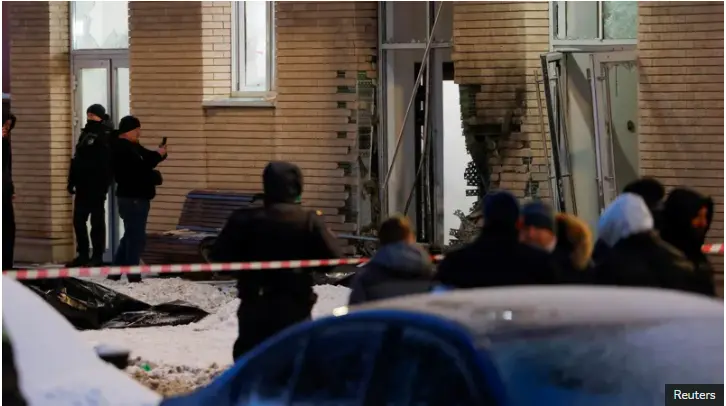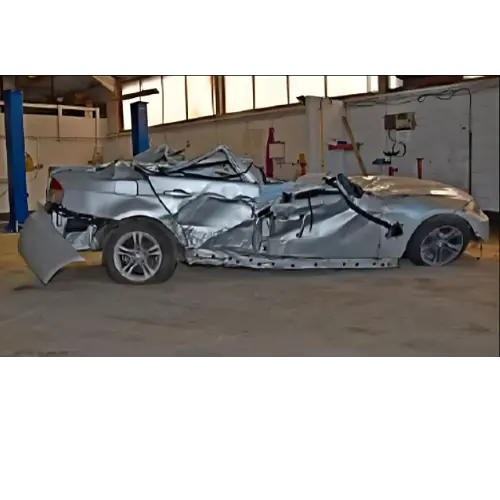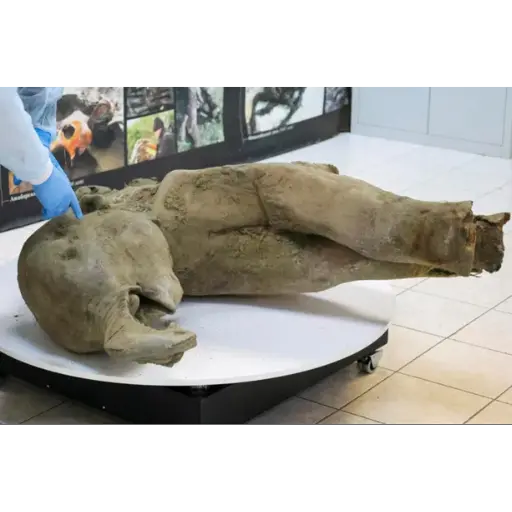Ukrainian Security Service Claims Responsibility for Killing Russian General in Moscow

A high-ranking Russian general and his aide have been killed in Moscow in an attack reportedly carried out by Ukraine’s security services, a Ukrainian source told the BBC.
Lt Gen Igor Kirillov, head of Russia’s Nuclear, Biological, and Chemical Defence Forces (NBC), was killed early on Tuesday when a bomb concealed in an electric scooter detonated remotely outside a residential building in south-eastern Moscow. Russia’s Investigative Committee (SK) confirmed the attack and said it had launched an investigation.
Ukraine’s Claims and Allegations
A source within Ukraine’s SBU security service described Kirillov as “a legitimate target,” alleging he was responsible for war crimes, including overseeing the mass use of banned chemical weapons in Ukraine.
On Monday, Ukraine’s SBU charged the 54-year-old general in absentia, accusing him of orchestrating over 4,800 instances of chemical weapon usage. These claims echo similar allegations from the UK and US, which previously sanctioned Kirillov for his role in deploying chemical agents as part of Russia’s military operations.
While Ukraine’s government has not officially commented on the general’s death, the incident marks a significant escalation in Ukraine’s targeting of senior Russian figures.
Explosion and Investigation
The explosion, described as equivalent to 300 grams of TNT, caused significant damage to the residential block, shattering windows and blackening the building’s walls. Images from the scene showed a burnt-out scooter, broken glass, and two body bags.
Russian investigators and bomb experts inspected the area and confirmed no other explosives were found. Experts told BBC Verify that the attack appeared to have involved an Improvised Explosive Device (IED), a homemade bomb commonly made with accessible materials.
Local Shock in Moscow
Residents near the blast site expressed shock and fear over the attack. For many in Moscow, the war in Ukraine has felt distant, something observed only through media.
“It’s one thing to read about it on the news, but when it happens next door, it’s frightening,” said Liza, a local resident. “Now someone is dead here, and we feel the consequences.”
Other residents initially mistook the explosion for construction work until they saw broken windows and scorched walls. Olga Bogomolova recalled hearing a “very strong explosion,” while student Mikhail Mashkov described being woken by the blast.
International Reactions
UK Prime Minister Sir Keir Starmer’s spokesperson said, “We are not going to mourn the death of an individual who has propagated an illegal invasion and imposed suffering on the Ukrainian people.”
The Kremlin has dismissed past allegations regarding the use of chemical weapons in Ukraine as “baseless.”
Escalating Tactics
Kirillov’s death highlights Ukraine’s growing willingness to target high-profile Russian figures, even within Moscow. His assassination comes days after Russian weapons expert Mikhail Shatsky was shot dead near his home in Moscow—an attack reportedly orchestrated by Ukraine’s military intelligence.
In Russian-occupied territories, recent car bombings have also claimed the lives of senior naval officer Valery Trankovsky and prison official Sergei Yevsyukov.
Kirillov, appointed head of the NBC in 2017, had a long career managing Russia’s chemical, biological, and radiological defence operations.
The incident underscores the increasingly bold operations of Ukrainian forces nearly three years into Russia’s full-scale invasion, signaling that the war’s reach is extending closer to the Russian capital.






